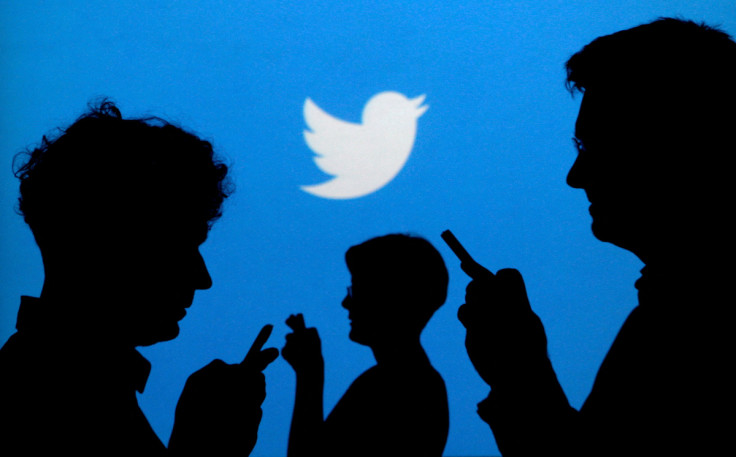Online Hate Speech Worse If It's Too Hot Or Too Cold: Study
KEY POINTS
- Researchers looked at 4 billion tweets, 75 million of which contained hate speech
- Hate speech online increased on days colder or hotter than the comfort zone
- The study reportedly shows how climate change can affect human behavior
How does temperature affect people's behavior online? Hate speech and aggression online tend to worsen when it is too hot or too cold, a new study found.
For their study, published in The Lancet Planetary Health, the researchers looked at how temperature affects hate speech online. Previous studies have found the various ways that climate change affects people's behaviors, the researchers said. For instance, the actual physical discomfort from the heat drives people to be more violent and aggressive, and so do the worsened socioeconomic conditions resulting from it.
"Simultaneously, the rapid digitalization of nearly every aspect of everyday life has led to a high frequency of interpersonal conflicts online," the researchers wrote. "Hate speech online has become a prevalent problem that has been shown to aggravate mental health conditions, especially among young people and marginalized groups."
For their work, the researchers used machine learning to analyze a whopping four billion tweets from 773 cities in the U.S. from May 2014 to 2022. They identified some 75 million hate tweets, which they say is about 2% of all the tweets in the data. They then looked at the changes in daily hate tweets and analyzed them against the local temperature data.
Indeed, the researchers found that hate tweets were lowest when the temperatures were at a comfortable 12 to 21 degrees Celsius (53.6 to 69.8 degrees Fahrenheit). Beyond those temperatures, whether colder extremes or hotter extremes, the hate tweets actually increased.
"(W)e found that both the absolute number and the share of hate tweets rise outside a climate comfort zone: People tend to show a more aggressive online behavior when it's either too cold or too hot outside," study first author Annika Stechemesser of the Potsdam Institute for Climate Impact Research (PIK), said in a news release.
Specifically, hate tweets increased by 12.5% when it was colder than the "climate comfort zone," and even more (up to 22%) in hotter temperatures.
"The results of this study provide evidence that extreme temperatures are associated with more hate speech on the social media platform Twitter," the researchers wrote. "The results are also consistent with the relationship found between temperature and cyber racism in Europe."
According to study co-author Anders Levermann of Columbia University, this shows that there is actually a "limit to what people can take," as they also found increases in hate speech on very hot days even in the more high-income areas where people can afford to have air conditioning.
Not only does this show a less-noticed effect of climate change on human behavior, but it also shows that mental health may be a "hidden climate impact," PIK noted.
"Being the target of online hate speech is a serious threat to people's mental health. The psychological literature tells us that online hate can aggravate mental health conditions especially for young people and marginalized groups," Stechemesser said, as per PIK.
For instance, those who are targeted by hate speech have been shown to be more likely to have mental health issues or to have their pre-existing ones worsen. In teens, being the target of online aggression also makes them more likely to have school problems and to express delinquent behaviors, the researchers said, noting that such online hate speech and harassment "undermine the public good of equal dignity for all."
"So that means that curbing emissions very rapidly and drastically will not only benefit the outer world," Stechemesser said. "Protecting our climate from excessive global warming is also critical to our mental health."

© Copyright IBTimes 2025. All rights reserved.






















